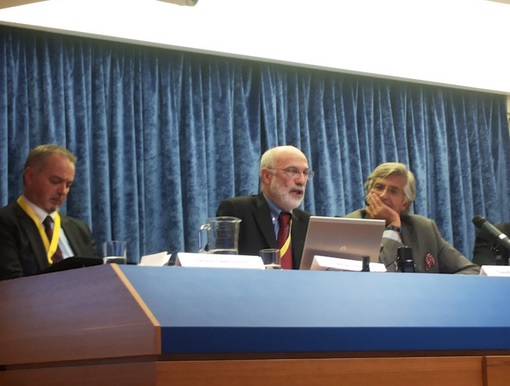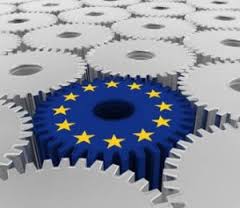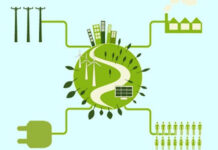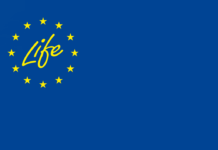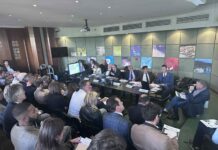Renewable and energy efficiency represent Italian cavalry against global warming. Taking full of advantage efficiency’s chances, however, we have to compensate for some lacks: ”Strategically acting on residential sectors’ efficiency, transportation and services; filling the gap between EU political scenario and the Italian one; taking advantage of energy costs’ growth as companies business’ chance”, like Turku University Professor and EUFORIE European project Coordinator Jarmo Vehemas said during the “Energy efficiency’ costs and benefits. Italian and European scenarios” workshop fostered on Friday November 18th at Gse Auditorium by Federesco.
EUFORIE (EUropean Futures of Energy Efficiency) outcomes obstacles and enablers compared with energy efficiency investments: inside the first we can find: “Long earning times, energy price’ oscillation and not recognized strategic priority for companies”, underlines Vehmas, between the second we find: ”Consumers’ awareness, new technologies and political support”.
This picture has to stimulate Italy doing right, not only inside national limits, but abroad too: “We may create working chances in Africa thanks to energy efficiency, transferring technologies”, explained Sergio Ulgiati, Napoli’s Parthenope University and Pechino’s Normal Professor and Federesco International Foundation (FIF) President. Emerging new markets, indeed, becomes very attractive for USA and UE’ competitor countries, in particular “China will substitute them in developing areas”. What looked like a paradox, is getting real: “On one side, China’s leader in Beijing for pollution’ levels. On the other hand is leader in photovoltaic panels’ production and infrastructures’ fulfillment in Nigeria, harbors and railways in Sudan, hydro electric power plants in Madagascar”.
Europe and Italy, however, first of all may be able to “work together with local actors to avoid new sea massacres, helping so national economy”, observes Ulgiati. What’s the way to realize this project? Using local resources, thanks to deep knowledge and planning, training professional skilled positions cooperating to build in these countries circular economies (agriculture and building lend themselves good to materials’ restoration and recycling). FIF is trying to promote this kind of work even to “reorganizing our participation’s way abroad: not in an intrusive approach, but following a collective benefit’s logic”, ends Ulgiati.
Per ricevere quotidianamente i nostri aggiornamenti su energia e transizione ecologica, basta iscriversi alla nostra newsletter gratuita
e riproduzione totale o parziale in qualunque formato degli articoli presenti sul sito.


